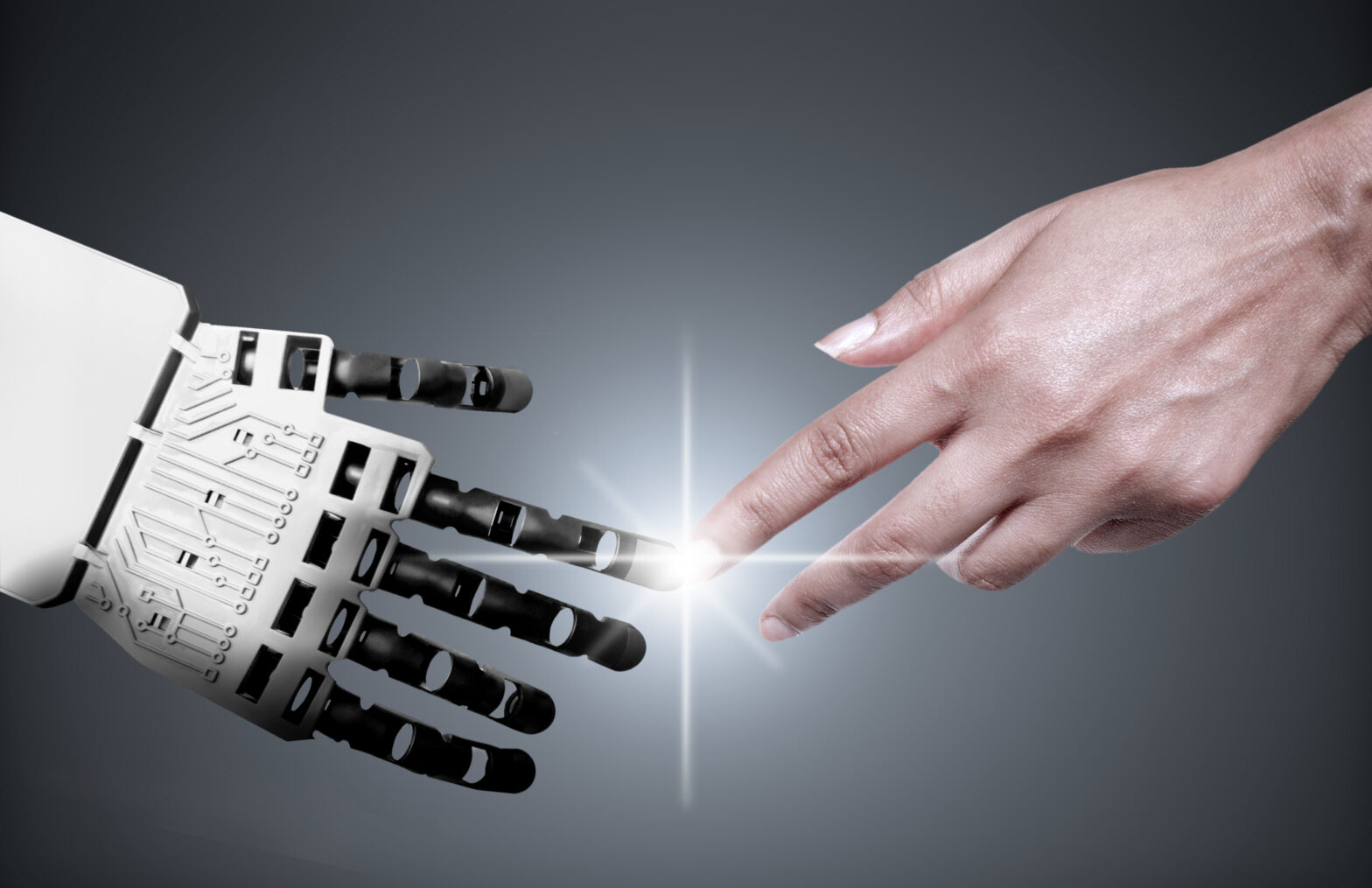With the use of robotics and automation in working environments on the rise, new research shows that almost three quarters (74 per cent) of professionals believe that an improvement in design to enable robots to better understand and interact with human behaviour is the only way to reduce the risk of workplace mistakes and accidents as a result of the introduction of new technologies.
The research, conducted the Chartered Institute of Ergonomics and Human Factors (CIEHF), the professional membership body for ergonomists and human factors specialists, in collaboration with CV-Library, shows that 89 per cent of industry professionals believe that it is humans who ultimately hold responsibility for any mistakes that arise in the workplace involving machinery or robotics.
The research also reveals that professionals believe developments in Artificial Intelligence (AI) are paramount to enabling robots to understand human behaviour and to learn how to interact in a more sophisticated way with human colleagues.
What’s more, key findings discover that more than four of out five industry professionals (82.9 per cent) believe there must be an increased focus on Human Factors in the design stage to reduce the risk of accidents. In addition:
More than two thirds (68.70 per cent) of manufacturers agree that robot/machine designers should be legally required to obtain insurance, protecting themselves against damage their robots may cause.
Following the recent call from MEPs regarding the legal status of a robot, a resounding 92.3 per cent of industrial workers do not believe robots should be legally regarded as ‘Electronic Persons’.
When asked whether all robots should be required to be fitted with a ‘kill’ switch to allow all functions to be shut down in case of an emergency, 79.4 per cent agree that they should.
Stephen Barraclough, CEO of the CIEHF, says, ‘This research highlights again the importance of human factors at the design stage and how our discipline should be central to future development. Robots present significant potential benefits for many industries and to our economy as a whole, so important at this time, but it is paramount that robots are designed with the capabilities of humans very much in mind. The more we consider the comprehensive integration of robots into our society then the smoother the process will be.
‘Robotics offer a multitude of benefits, it’s vital we create automation that can work with people, interacting with routines and better understanding our capabilities.’





